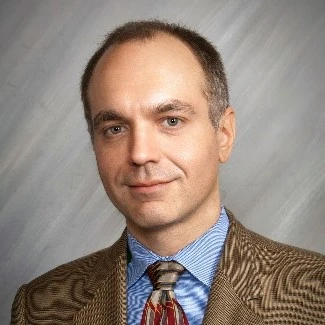I am very concerned about alcohol and prescription drug abuse among our younger generation. It is a growing problem, and the media has been filled with news of deaths among good kids who were addicted to prescription drugs – beginning as early as age 9.
It is shocking how many kids and young adults are headed down that path. For most young adults and children, experimenting with drugs and alcohol often comes from simple curiosity.
These kids are dying!
I personally knew a really bright young man, who came from a great family. He was attending the University of Georgia and had a minimal drinking habit but also experimented with Xanax. That very bright young man took Xanax after a night of drinking and he never woke up. His girlfriend found him dead. I spoke with his parents, my good friends. They were devastated. Why him? They felt he was a smart, well-adjusted young man.
These kids feel good when they take drugs. Their mentality is, “If one pill feels good, three must be great!” It’s that need for instant gratification, often fed by peer pressure which can lead to using drugs.
Over time, the drugs will stunt the individual’s emotional growth. These young adults grow up without learning how to cope with life. Eventually, this catches up with them. It manifests itself in behavior such as a 20-year-old behaving like a rebellious kid and generally acting far less mature than they should for their age.
What are the signs of drug or alcohol abuse in kids?
• No longer hanging out with their best friends. They’ve got a different group of friends.
• No longer interested in once-favorite activities.
• Staying in their room all day, “studying” – yet the grades are getting worse.
• Not eating at family meals, and looking thin.
• Items around the house, including cash, are missing.
This generation will sell anything of value, even family heirlooms and collectibles, to get money for drugs and alcohol. The allowance they get every month, the credit cards – will be spent and maxed out.
It’s critical that these kids get treatment right away!
Even a short-term drug or alcohol habit in early years, during the time when the brain is still developing, will increase the risk of facing similar addiction later on in adulthood by 10 to 15 percent.
If we get these kids into treatment early, we can save their future. That’s exactly what we’re doing – saving their future.
Be honest with your loved one. Tell them, “I can tell something is different with you, something is wrong. I love you and I’m not going to play games with your life. This is what we’re going to do.” You’ve got to do this, get this child or young adult to counseling, because their future is already in jeopardy.
The drugs will take the child’s future – and take the child.
It’s not easy, because young adults and kids still believe they are invincible. In most cases, that child will come for counseling, into a program designed to help them heal physically, emotionally, and spiritually.
They also need a nutritional program that nurtures the body and the brain, using high-protein foods to support dopamine levels that aid in the withdrawal process.
They also need preparation for life after treatment to help ensure the great future they deserve.



















